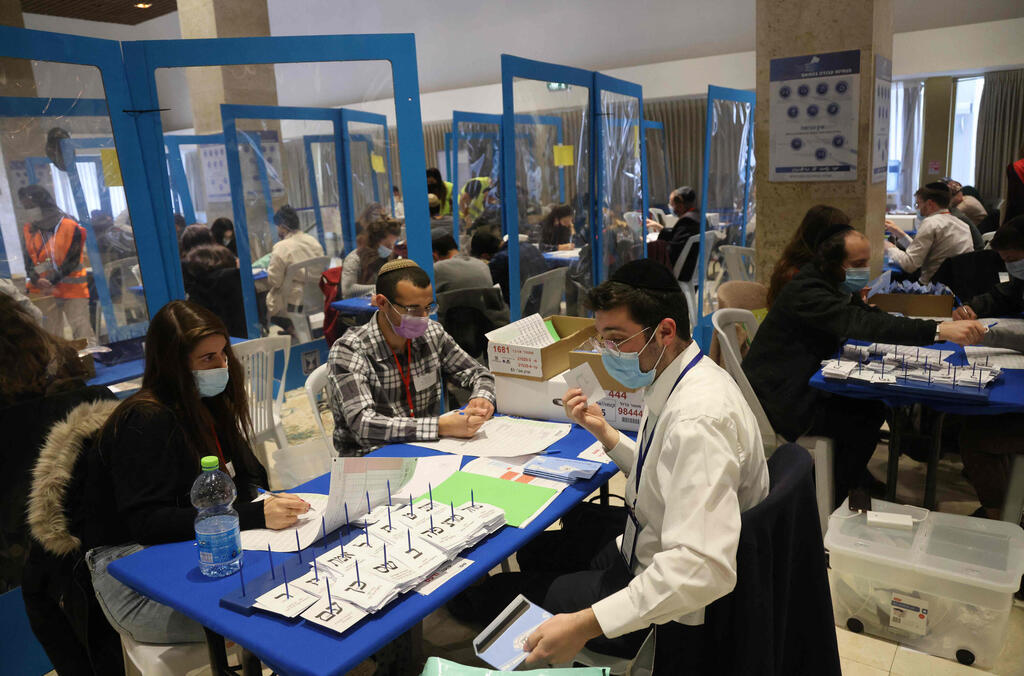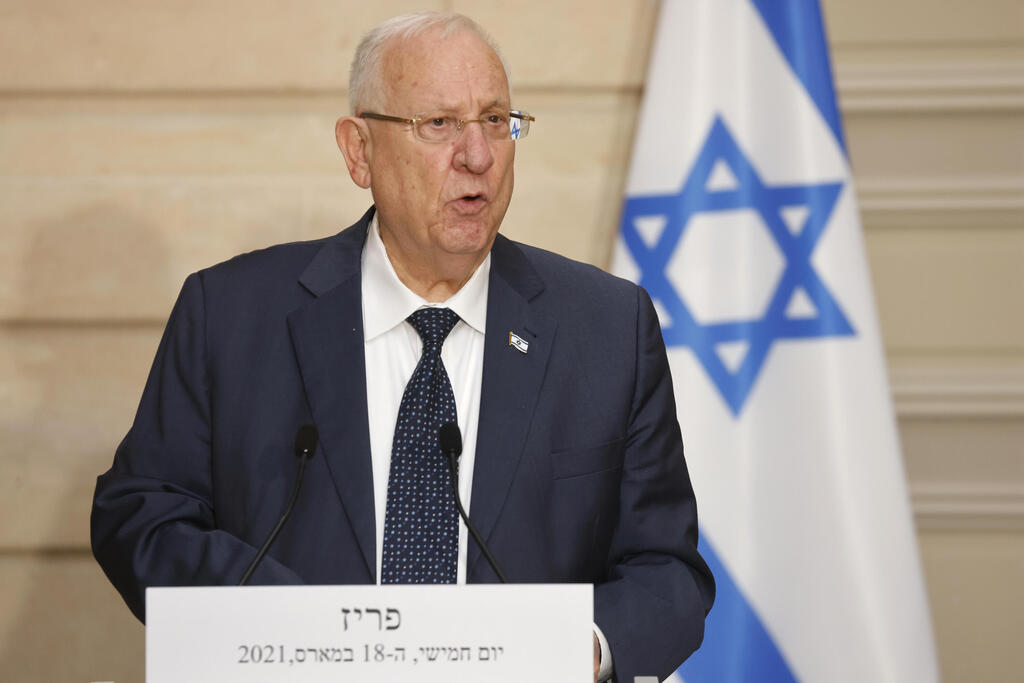With 99% of the votes in Israel's March 23 elections counted Thursday, the country seemed on course to remain in the grip of political deadlock with neither Prime Minister Benjamin Netanyahu's rightwing, religious camp nor the bloc determined to end his 12-year premiership gaining the upper hand.
The Central Elections Committee (CEC) said it had concluded tallying all 428,000 double envelope ballots cast Tuesday and that the final results would be published by Friday morning.
The body said the results would not be published until all precautions were taken to make sure that no one had voted twice.
CEC director Orly Adas said that she does not believe the remaining votes will make a significant change in the seat distribution seen so far.
Prime Minister Benjamin Netanyahu's Likud has 30 seats, Yair Lapid's Yesh Atid 17, Shas 9, Blue & White 8, United Torah Judaism 7, Labor 7, Yamina 7, Yisrael Beytenu 7, Religious Zionist 6, Joint List 6, New Hope 6, Meretz 6 and Ra'am 4.
If results stay as they are, the anti-Netanyahu bloc has 57 Knesset seats, while the pro-Netanyahu bloc stands at 52, with Yamina and Ra’am holding the balance of power.
New Hope leader Gideon Saar, commenting on the upcoming results, said: "It is clear that Netanyahu does not have a majority to form a government. Now we must utilize all the means at our disposal to form a government of change. As I said on Election Night: Take egos out of the equation."
In the meantime, President Reuven Rivlin has decided to postpone the round of consultations to hear MKs' nominees to form the next government until after the Jewish holiday of Passover that begins Saturday and ends on April 5.
Although the new date is close to the opening of the evidentiary phase in Netanyahu's ongoing corruption trial, sources said the president decided to push back the date to increase the odds of having a candidate who would be able to form a government.
That nominee has up to 42 days to put a coalition together. If he or she fails, the president asks others to try.
If nobody succeeds, Israel goes to a fifth election since April 2019.



